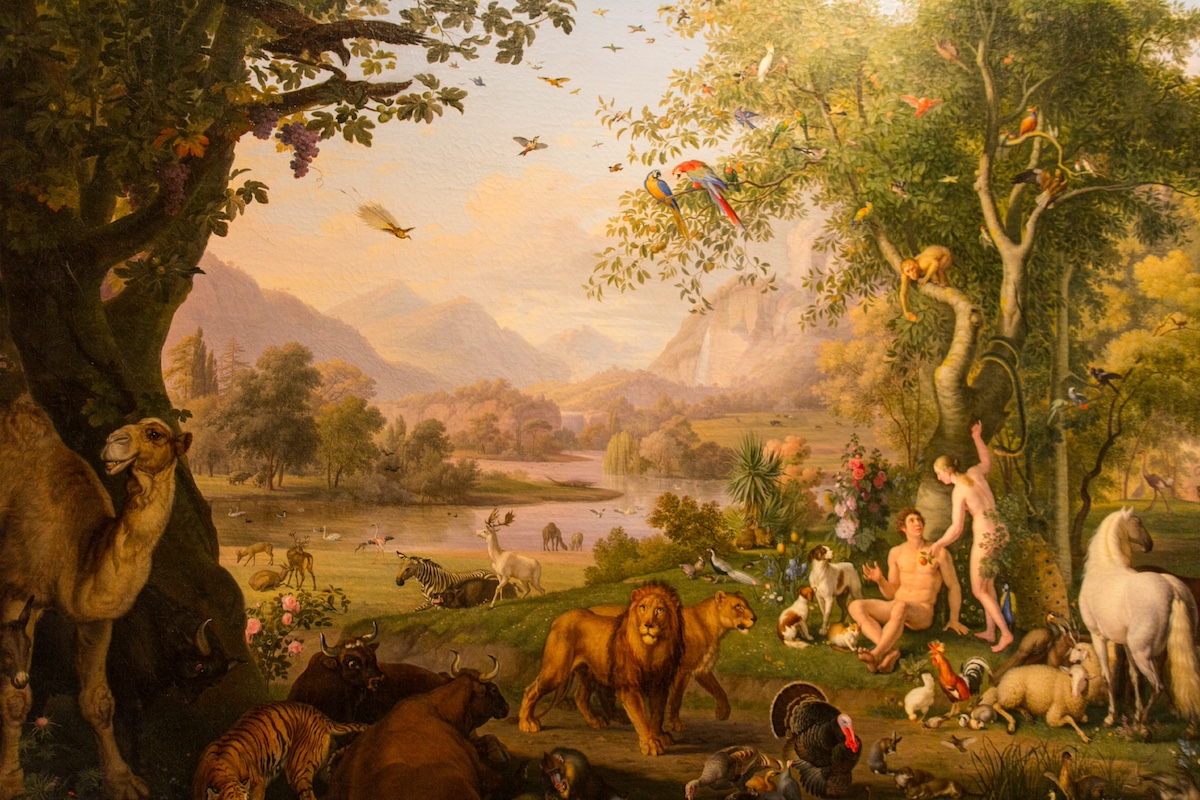The opening chapters of the book of Genesis provide a profound and foundational account of the creation of the world. Central to this narrative is the depiction of the six days of creation, each marked by specific divine actions. However, the interpretation of these six days has been a subject of considerable debate, with various theological, scientific, and literary perspectives offering distinct views on the nature and duration of these creative acts.
I. The Literal 24-Hour Day View
One traditional interpretation, often associated with young-earth creationism, asserts that each day in Genesis represents a literal 24-hour period. Advocates of this view contend that the language used in Genesis, such as "evening and morning," suggests a straightforward reading where God created the universe in six consecutive 24-hour days.
II. The Day-Age Theory
Contrary to the literalist approach, the day-age theory suggests that each "day" in Genesis may represent a longer, undefined period. Proponents of this view argue that the term "day" can be metaphorical, symbolizing epochs or ages rather than literal days. This interpretation seeks to reconcile the biblical narrative with scientific theories proposing an ancient Earth.
III. Framework Interpretation
The framework interpretation acknowledges the literary structure of Genesis 1, positing that the six days are not necessarily chronological but rather serve as a thematic framework. According to this view, the narrative employs a poetic structure to convey theological truths rather than presenting a strict chronological sequence of events.
IV. Analogical Days
Some theologians propose the idea of analogical days, suggesting that the days of creation may be analogical to God's workweek rather than being identical to human workweeks. In this view, the concept of days serves as a human-friendly metaphor to communicate the divine creative acts in a way that can be understood within the human context.
V. Theistic Evolution
Theistic evolution posits that God used the process of evolution as the means of creation. In this view, the six days of creation are seen as a poetic or theological framework rather than a literal chronology. Theistic evolution seeks to reconcile the biblical narrative with scientific understandings of the natural world.
VI. Literary Framework: Creation as Temple Inauguration
A more recent interpretative framework views Genesis 1 not as a straightforward historical account but as a literary and theological narrative. This perspective, often associated with scholars like John Walton, interprets the creation account as a temple inauguration text, where God establishes order and function in the cosmos, designating it as His sacred dwelling place.
VII. Theological Unity Amidst Diversity
While these interpretations present diverse perspectives on the nature of the six days of creation, there is a shared recognition of the theological depth and significance of the Genesis narrative. The creation account in Genesis serves as a theological foundation, emphasizing God's role as the Creator, the intentional design of the cosmos, and humanity's unique place within it.
VIII. A Call for Dialogue
Interpreting the six days of creation in Genesis invites thoughtful dialogue among theologians, scientists, and believers. Recognizing the diversity of views allows for a deeper exploration of the biblical text's richness and its compatibility with various scientific and theological frameworks. In the end, the Genesis narrative continues to inspire reflection on the profound mysteries of creation and the Creator.




